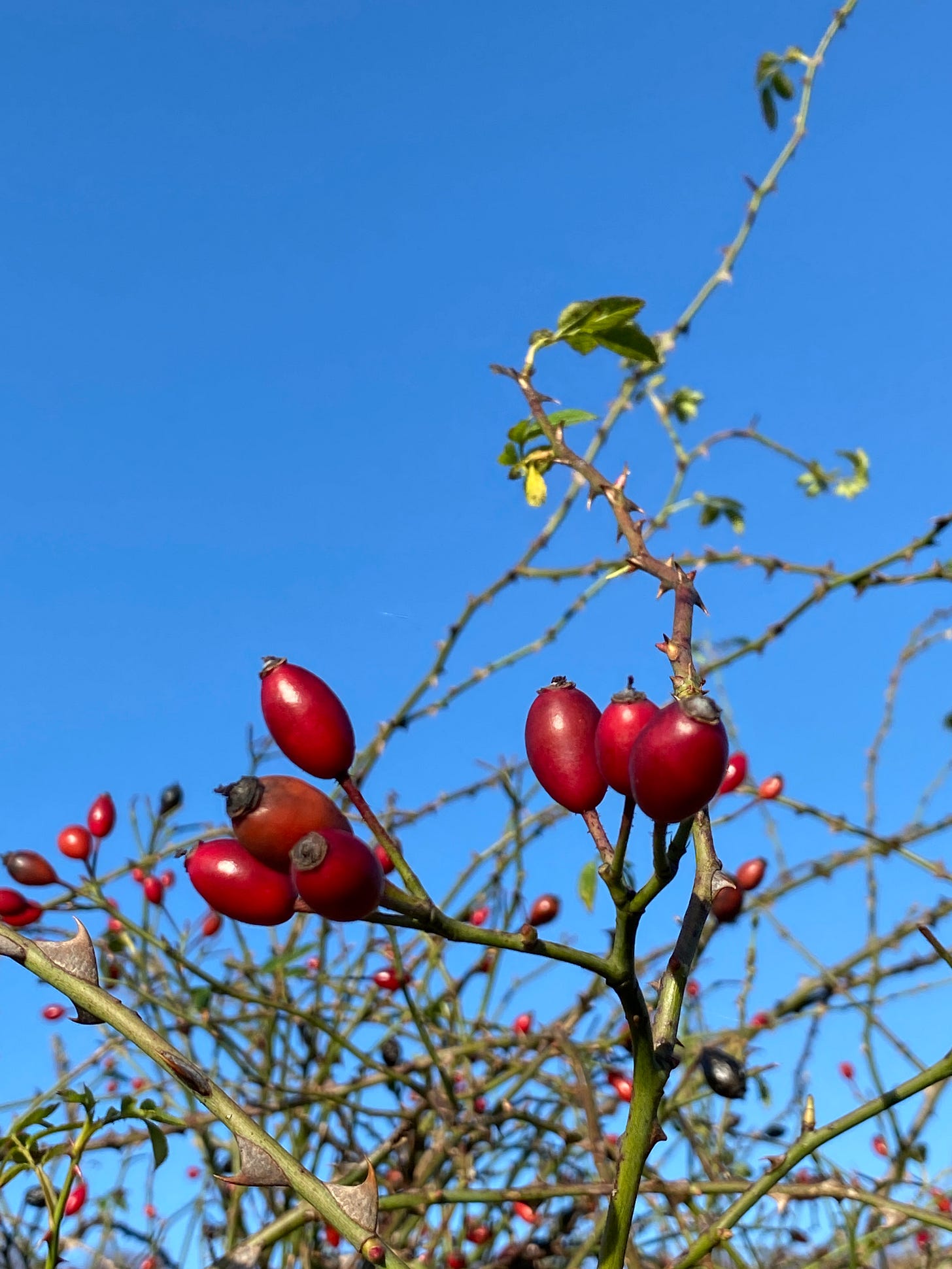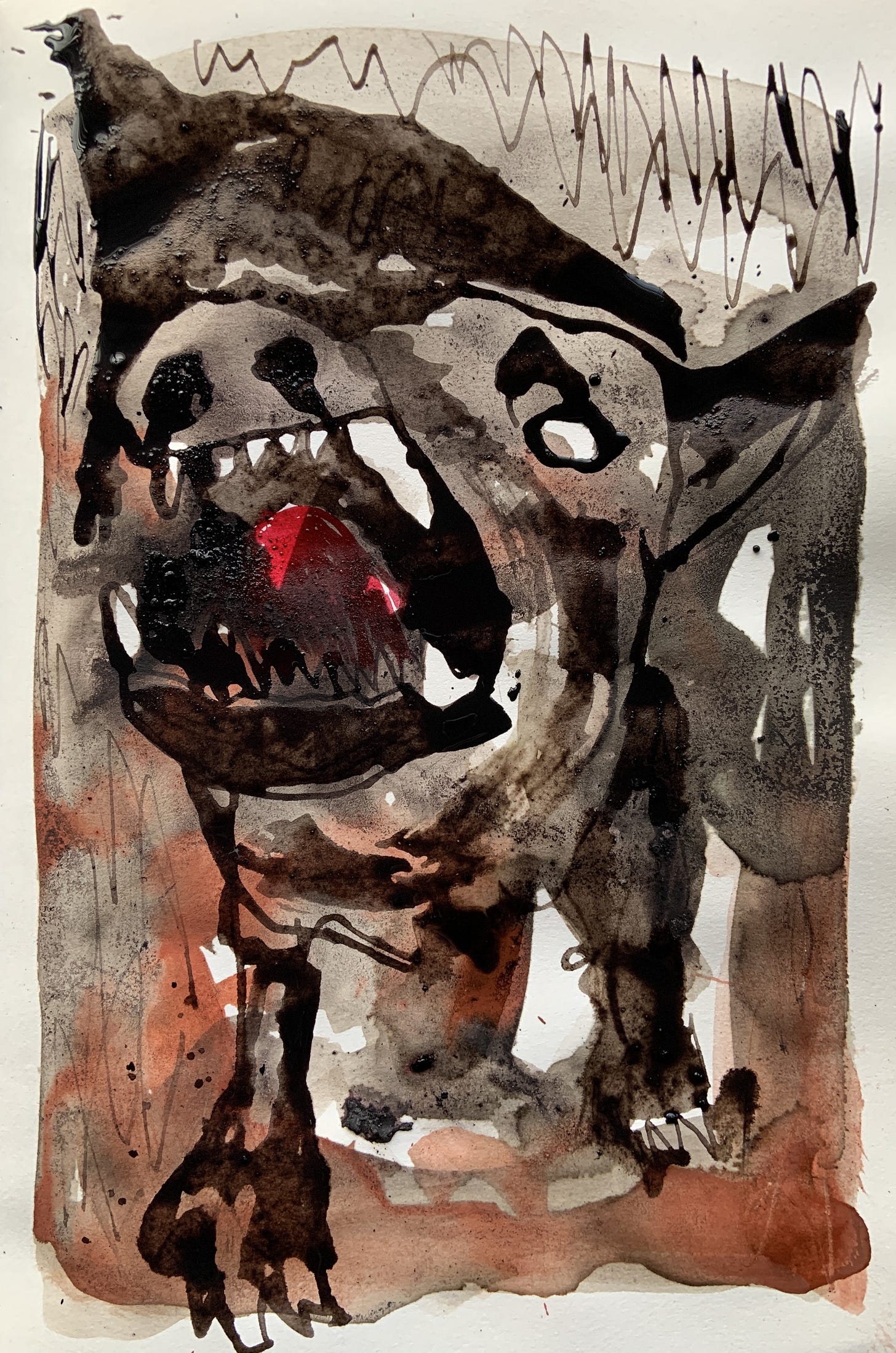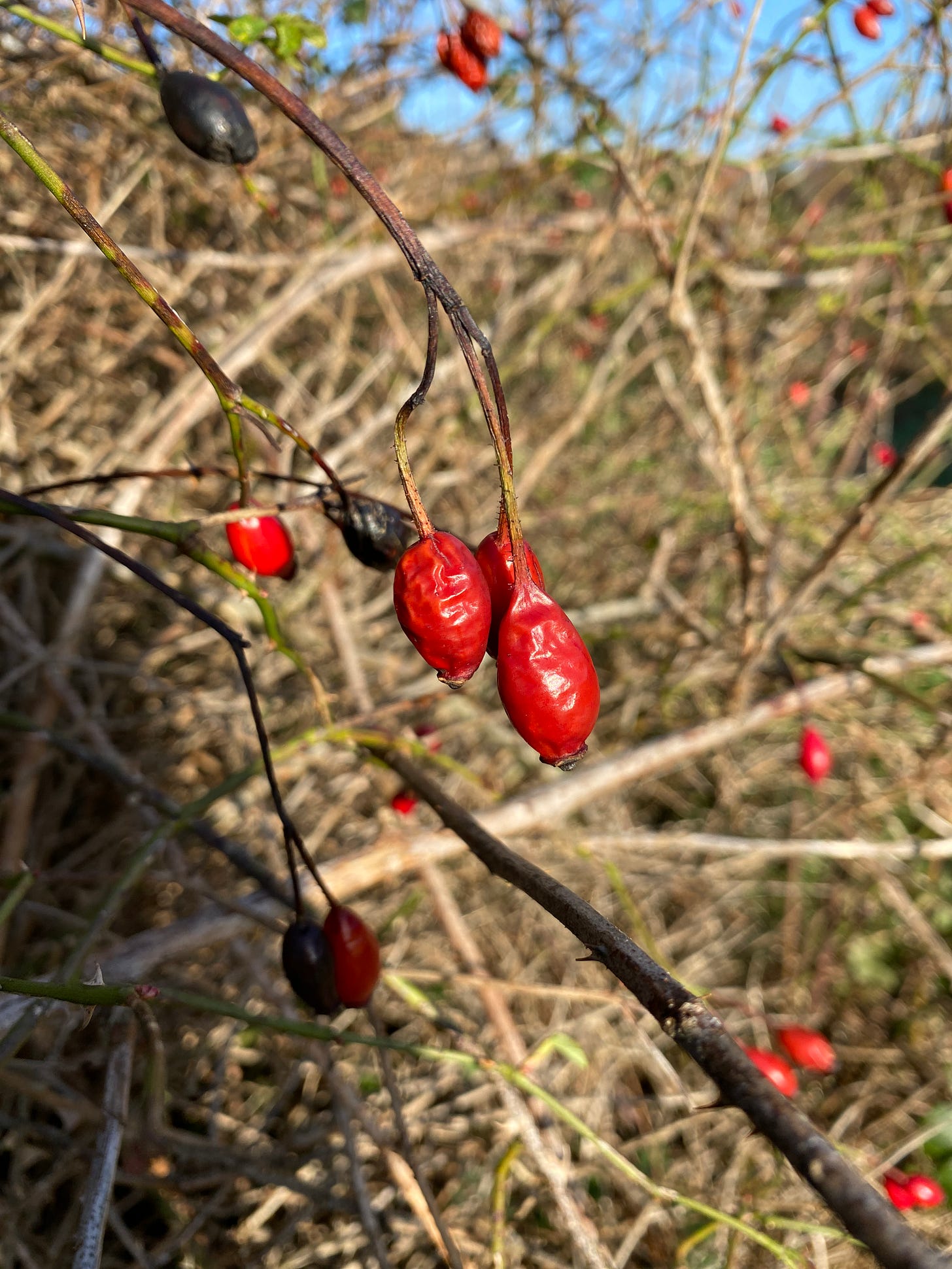It is a fact that no matter how well you try to live your life, there will be people who don’t like you. This is as natural and unavoidable as weather, and occasionally as unpleasant. Before the internet, and especially before mobile phones, kids could get away from bullies after school, workplace difficulties could be left behind for the evening, and the private sphere was actually still pretty much private, for ordinary people. Royalty, politicians and celebrities have received public commentary on their lives for longer, and perhaps in some ways, rightly so.
In the age of continual (self-)surveillance we are subject to opinion, approbation, cancelling, bullying, lies, misconstrual, out-of-context appropriations, vendettas; but also hype, compliments, adoration, ego-polishing and a hundred other kinds of less than wholesome interaction. People who write, make art, perform, or teach, or who otherwise make their livelihood in the public realm are particularly prone to this, compared to, say, an accountant. So in some ways, it’s a labour issue, if this is our place of work and we are harassed here. Now that one requires an online presence even to have the most modest of sustained creative careers, it has become almost impossible to just do your thing, and make your living locally by being good at it. That’s not a complaint, it’s just a description of how things are around here lately1, and you can read the same in any number of analyses.
I hadn’t planned to be a writer. I was teaching T’ai Chi, life modelling and doing art, craft and music as and when they surfaced in my life. Five years into writing, I got my arse in gear and started posting here. I wasn’t sure what I would publish, I just started with what I had on my laptop and in my head, then followed my inclination. Because the thing is: I really like writing, at the level of sentences. I like rolling words around and placing them beside each other, like pebbles. Apparently you are allowed to do this, currently, in my country, without breaking any laws, so long as you don’t threaten to kill or hurt anyone, or commission acts of terrorism.
I used to grimace and sigh in agreement when hearing of the early internet pioneers, one of whom, as she left the blogosphere she had helped create, said that she no longer wanted to ‘commodify her unconscious’. And yet, here I am only just adjacent to that activity, gathering any insights I have gleaned from life and writing about them on Substack. When I started a year ago, I sent this newsletter to 18 of my friends, most of them writers, and said, ‘Hey, would you cast an eye over this? If it’s rubbish, would you let me know? And if you like it, can you tell people?’ And now you’re here too, so welcome.
I won’t strip-mine my biography, nor do I disclose that which is not mine to reveal, but I do look at what has happened to me; the good, the bad and the weird. I try to wrest some sense out of things, usually after many years of mulling events over privately. Many books I love use memoir as basis for insight. On my desk in front of me is a copy of The Book of Margery Kempe, one of the first books by a woman in the English language, and the first ever autobiography in English, a book from before there were any real ‘genres’ at all to write in. And what is it? A book of insights and adventures from the incredible pilgrim life of an unconventional 14th Century English woman, dictated to a scribe, a sympathetic cleric. She and I could not be more different, she had many children, wept frequently and profusely in public and would have much preferred her husband not to indulge his ‘conjugal rights’. Yet, I feel a kinship with her as I read her story, as an eccentric English woman, as a great annoyance to some people, and as someone for whom the life of the soul, for want of a better term, is as important as the outer life.
The list of books I have read and loved that combine lived experiences and the hard-won lessons from them is huge, and includes the essays of Montaigne, Charlotte DuCann’s 52 Flowers, Paul Kingsnorth’s Confessions of a Recovering Environmentalist, almost anything by John Burnside. Books by Charlotte Joko Beck, Sharon Blackie, Mark Boyle, Stewart Lee, Sogyal Rinpoche, Peter Matthiessen, Mountains and Rivers poetry, Sappho, Rilke: these are just the ones on the shelf behind me right now, or that jumped to mind. The list is endless. So, whether online or in print, in books or elsewhere, this drawing-from-life thing that many writers do is pretty common, and has a long lineage, going back hundreds, if not thousands, of years.
For some time, I have received regular online trolling from an anonymous person, or persons, who clearly know me in real life and believe me to be the cause of their misfortune. This post is in many ways a response to them, but it is much wider than that, and it has taken months to find the right words. I have made a promise to myself not to speak of those unfortunate events in public again this decade, and have removed all the (rare) mentions I found of them by me online. This is a gift in good faith for them. It is also really easy to avoid me generally online, I just have my two somewhat neglected professional websites and their Instagrams, some music, and there is this Substack, for writing. I don’t have personal social media, and have never used X or Facebook, so if you need to steer clear of all mention of Caroline Ross, it is very easy. May I take this moment to say to those who find my continued living presence on Earth upsetting, that I wish you well and hope you can be free.
It has taken me a week since their last attack to get to a place of love and acceptance, where reading back my draft doesn’t feel like rehearsing indignation.
So this week, I began to really laugh at myself and, inspired by my detractors, attempted to envisage myself as the villain they described. A spoiled child, fake, rich, deluded and self-obsessed. That behind this secretly hugely money-spinning online writing grift, I was actually a Narcissist Sociopath, perhaps like the Bond-villain Blofeld, stroking a big fluffy white cat made of ‘likes’ and inhaling the esteematonin of all the positive comments left by my poor unwitting readers, bamboozled by my heart-rending stories and my expensive self-help pyramid schemes. I imagined mainlining this narcissistic supply to bolster my massive ego, thinly masked by my happy-go-lucky persona, under both of which were lying the rotting bodies of sub-personalities who had been fatally brawling behind the scenes in an MMA cage-fight fuelled by unprocessed trauma and misanthropy. Then I said to myself out loud, ‘I am a thoroughly nasty piece of work, desperate to be loved, I am indeed the villain, everything the trolls believe about me is true!’
In all seriousness, I do realise that nobody can actually prove their good intent. Not to ourselves, not to others.2 In this case, there are only the results of my many actions, and the memories, feelings and thoughts other people and creatures have experienced of me, which vary tremendously, as in my life so far, I have not always done the kind or right thing every time.
Other people’s feelings about me are none of my business. And like the events of that one day which changed so many people’s lives, they are also completely out of my control.
I watched a person very close to me get eaten alive by an all-consuming rage and shame about events they were not able to control. The bright light of their intelligence was recently extinguished by dementia but their emotional suffering continued, because they did not let it go when they could have done so. They wore the ruts of that track so deeply they could not turn in any other direction.3
And, if I am honest, until this week I still felt ill-will towards someone who once wielded power over me for some years, who I too blamed for my own misfortune. I thank my critics for the opportunity to release the furious gripping of my own heart, which I could not keep up if I ever wanted peace. Or even to finish this piece, which has been sitting in the drafts folder staring at me for about six months.
I am not sure if this is what constitutes forgiveness, as I am now not certain that I have ever forgiven anyone for anything before. I am not even sure how to recognise how it feels. This new lightness in my heart could be many things, I guess I’ll know more in time.
It is very hard to accept that terrible things happen to ordinary, even lovely, people. And, though it is hardly something to recommend, if someone needs me to be the villain in their story, so that they can get through the day, so be it.
This week, I had no choice but to come back to looking at everything with love. The alternative is war, the real horror of which is daily made apparent.
Taking care of myself no longer requires keeping the scores and tallies meticulously up to date.4 What a relief. I can use my pen for something else.
I am leaving space in my heart, even for those who would publicly label me their enemy.
I will write. But I will carefully weigh each sentence, like Anubis did with the hearts of the dead against the feather of Ma’at, (which is Goodness and Truth). Though, Thoth the scribe will not record it. It will just be me, a middle-aged woman in a flat, with a fondness for words and wild foods. But in the end, I think, maybe not completely evil.
This week’s good thing: Rosehips. I gather them each early winter to make oxymel for me and my family, for vitamin C. I used to bring home lots at once, from the huge abundance in my local parks, but now I just collect a smaller amount at various times through the season. This gives me an excuse to visit the beloved bushes again, to watch the seasons change and to take only the squishiest, sweetest, ones and slowly process them, rather than stand at the wooden block for 3 hours pressing a sharp knife through two hundred hard red oblongs.
Rosehips are triple medicine: firstly, they call to me with their colour and remind me that I need them, and have the knowledge of how to transform them. This folds me back into the wider field of being, and makes me feel well already. Secondly, the gathering of them is like meeting an old friend, who has a hip flask and some pointed jokes to share. The long familiarity and occasional entanglements are part of the relationship. Thirdly, the local medicine they make really works, as they have far more vitamin C by weight than imported citrus fruits. I use the recipe from the book Hedgerow Medicine. 5
The history of extraction of confession by torture is long and well-studied. Even under duress or straight-up vivisection, people will not necessarily tell the truth, only what they think will make the torture stop, or what they feel the torturer wants to hear. There can be no objective human proof of any thought or intention, as what gives rise to thought and intent is not made of words. The religious person believes God sees into this place and judges it. The humanist believes a person can know their own heart and conscience with their rational mind. A wayfarer attends to adjusting their path and actions, when they notice they have gone astray.
I have just heard that they passed away, since I recorded the audio for this piece. I pray they are at peace now.
Thankyou deeply for our conversation this week
There were lists that were going to be in this post, which are now making good compost…Comments are not enabled this week. They will probably return next time. If you need to contact me, you can press ‘reply’ to this email.








